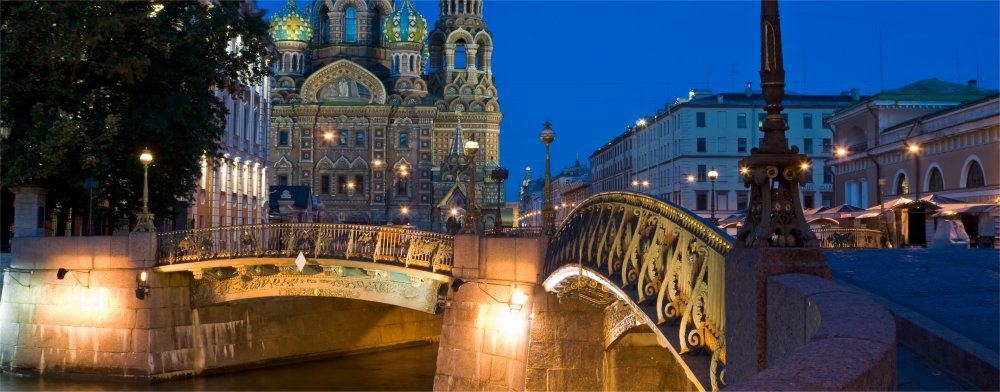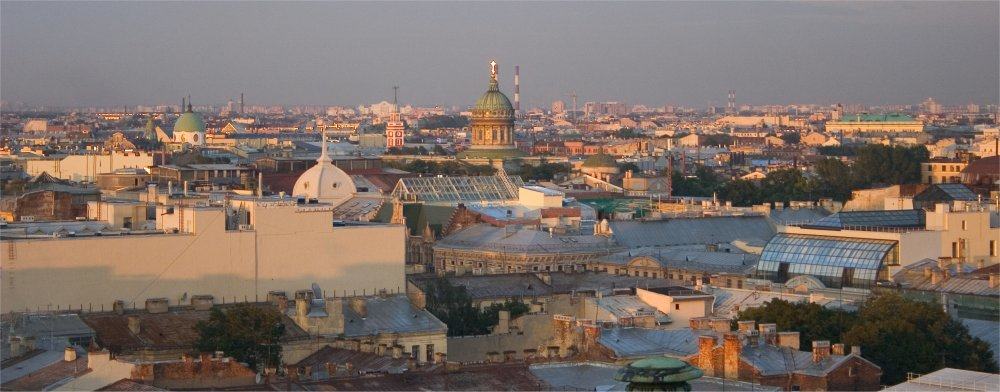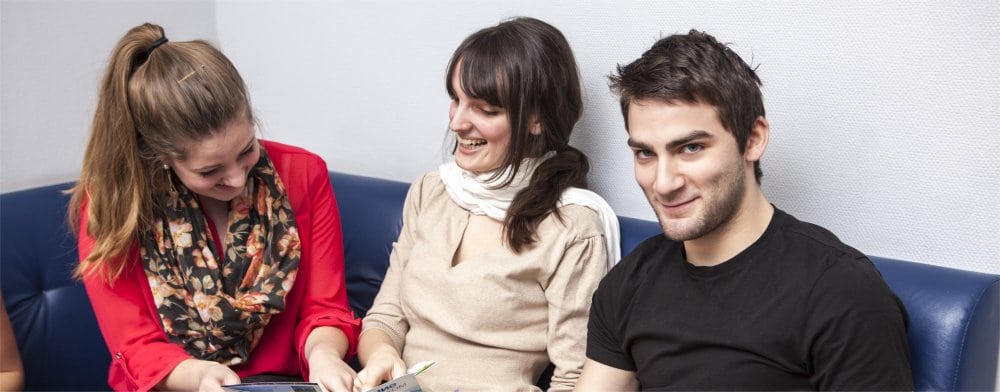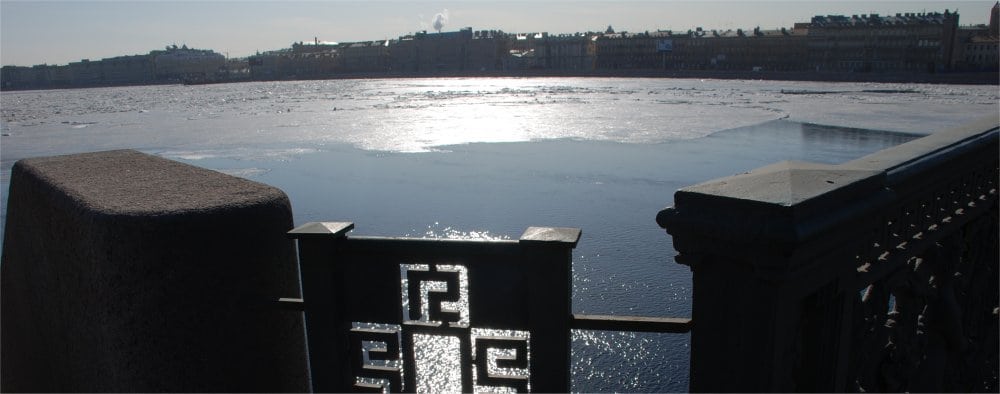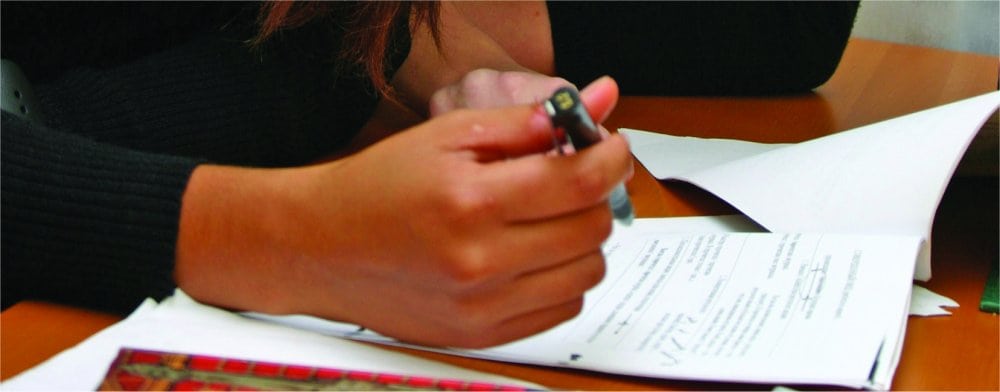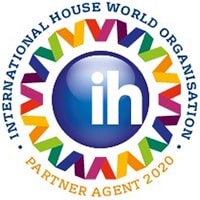Learn Russian in St Petersburg: Location
Learning Russian in St Petersburg is an opportunity to experience, through total immersion, the wonders of the Russian culture, as well as the Russian language. If you wish to improve or learn Russian from scratch, St Petersburg has much to offer. Whether you love the history or the modern way of Russian life, by studying the Russian language in St Petersburg you will enjoy the best of both worlds.
The second city of Russia, St Petersburg has had a turbulent history since founded by Peter the Great in 1703. Known as Petrograd and then Leningrad in the 20th century, the city was renamed St Petersburg as late as 1991. Set on the Baltic sea, this one time capital of the Russian Empire covers some 42 islands of the Neva delta and is connected by 500 bridges and innumerable canals. It is Russia’s window on the world and in particular it’s link to Europe and Scandinavia. Home to some 5 million people it has fabulous cultural attractions to explore.
There is something to appeal to all Russian language students; whether you wish to see the Hermitage or the Winter Palace, spend an evening at a night club, the Opera or the Kirov Ballet, enjoy the beauty of St Petersburg’s parks and gardens or try out a traditional Russia Bath.
The weather varies greatly according to the season, and whilst the proximity of the Baltic Sea ensures winters are milder than elsewhere in Russia, you may not appreciate this fact when the Neva river is frozen (December to March) and the temperature hits minus 20ºC. St Petersburg summers are famed for their White Nights in June, and summer picnics in parks, on the sandy beaches north of the City or by wooded lakes in the countryside in July, when temperatures can reach 20 to 25ºC, but rarely go higher.
Whatever your age, the CESA Russian language students from 16 to 60(+) years of age always enjoy the range of Russian language programmes on offer, in the truly monumental and breath-taking city of St Petersburg.
Local Specialities
Russian food is famed for savoury dishes such as; Borshch (beetroot based soup), Kotlety po-Kiyevsky (Chicken Kiev), Beef Stroganov. Desserts include Blini (small pancakes generally served with sour cream or jam), Tort (very sweet cakes with lots of cream) and of great importance Morozhenoye (ice cream) which is eaten all year in cafes, on the street and in all weathers. The common theme is heartiness and this follows through all meals, however simple or formal they maybe.
